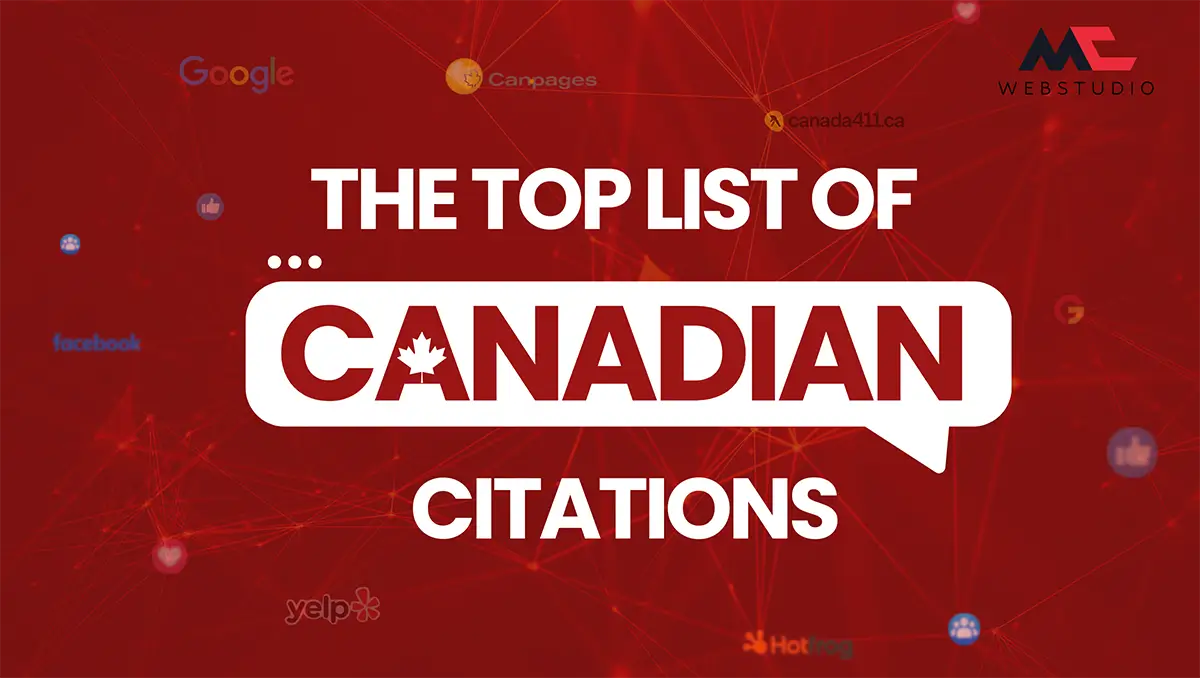
What Is Off-Page SEO?

Ranking on top of Google is essential for brand visibility and maximum organic traffic. If you have been struggling to rank on Google and have already tried playing around with keyword research, site structure, internal linking strategies and even web page optimization, then you may be wondering if you have missed out on something.
This is where off-page SEO comes in as a crucial element that must be a part of any fruit-bearing digital marketing plan. Today, we shall look deeper at what off-page is and why it is important. We shall also go over best practices and off-page SEO factors that you must consider for guaranteed success.
What Is Off-Page SEO?
Off-page SEO is implemented in the background or off of your website to help boost the chances of ranking as a top search result. Due to this, off-page SEO is also referred to as off-site SEO.Off-page SEO activities include increasing engagement, encouraging shares on social media channels, creating backlinks, and promoting branded searches.
In short, off-page SEOis used to enable Google to view your site as credible and trusted. A suitable strategy, therefore, revolves around establishing brand authority, attaining customer trust, and building relevance. Other activities used to enable this include:
- Content Marketing
- Backlink Building
- Influencer Marketing
- Podcasts
- Press Releases
- Social Media
- Citation Building
Why Is Off-Page SEO So Important?
Off-page SEO is essential to build a website’s reputation and rank on the SERPs. A well-known site will likely rank because search engines follow the E-E-A-T rule. This means they rank sites that have guaranteed Experience, Expertise, Authoritativeness, and Trustworthiness. The best way to promote E-E-A-T is through customer reviews, backlinks (both inbound and outbound), and recommendations. Other solid ways to increase your chances of landing on the first page of Google include blogging, videos, and social media presence.
How Does Off-Page SEO Gaurantee Results?
Most content marketers and bloggers begin with on-page SEO. However, backlinks are the way to go if you wish to rank on Google. Backlinks from other sites that point to your website are guaranteed to rank because Google’s top search results include websites with 3.8 times more backlinks than those listed in positions from 2 to 10.
Off-page SEO is not only creating backlinks; on a deeper level, it is a strategy that allows your brand to get recognition without even being hyperlinked. This allows off-page SEO to tell Google what the audience thinks about your website. Added valuable links pointing back to your website allows Google to assume that you have great content.
Remember that the audience will share, reference, and cite content they enjoy, and even word-of-mouth referrals from existing customers can help boost your business a ton.

Off-Page SEO Vs. On-Page SEO
Most individuals expect to land on the exact answers they are looking for when they search on Google. If a website ranks at the top of the SERPs (Search Engine Results Page), it is easier to attain new customers. A solid SEO strategy is one of the most valuable marketing investments which you can make.
SEO Strategies
On-Page SEO
This type of SEO focuses on website optimization and control. It enables a business to create a website that attracts customers and, subsequently, search engines. On-page SEO is used to polish site content by optimizing page titles, meta descriptions, heading tags, images, and more.
Off-Page SEO
Off-page SEO focuses on brand promotion and website endorsement. It helps your brand get exposure and allows your website to attract new customers through content authority and brand trust. Off-page SEO establishes brand awareness using backlinks, anchor text, link juice, relevancy, and follow/non-follow.
What Are The Advantages Of Off-Page SEO?
Domain Referrals
When deciding whether to allow your website to rank, search engines examine the number of referral domains a website gets. The higher the amount, the more obvious it is that your brand is trustworthy and credible. This allows your website to generate more traffic through search engines and other websites or platforms.
Improved Rankings
Targeted and highly relevant keywords encourage search engines to display your website in the top results. When a website is suggested often, it starts receiving attention from the public, which ultimately leads to greater conversion rates and clicks.
Greater Exposure
When you can grasp an audience not already browsing your page, you can grow tremendously as a business. Your website ranking will increase, and your audience will grow as you sell more products/services than before. Off-page SEO is great for reaching various audiences and bringing in greater revenue.

Off-Page SEO Best Practices
Backlinks
Backlinks are the top off-page SEO strategy for ranking higher on Google and other search engines. Google also loves websites that have greater amounts of backlinks. Note that backlink quality is also considered to ensure the relevance of a link. There are two types of links:
- Natural links created by other websites that view your content as authentic and informative. They link back to your site, and this type of endorsement means appreciation of your work.
-
Self-promotion links are those that you request clients to add to their websites. This is purely promotional and a marketing strategy to help your content get better reach.
Guest Posts
Guest posts are content you provide to third-party websites. Content may include blogs or informational videos. Always reach out to websites that have a similar niche to yours so you can increase the chances of driving referral traffic. You can also request backlinks but make sure the content you provide is unique, and the website you reach out to is trustworthy.
Social Media Marketing
Social media handles are a great way to amass an audience. You can encourage clicks by sharing unique content and valuable backlinks from social media sites with a high DA (Domain Authority).
Even though the impact of a link from a social media handle is unclear, you can still benefit from a social media profile ranking in the SERPs. Your social media presence is also a great way to bring awareness to those who know nothing about your brand or products.
Forums
Any forum posting website is an online discussion platform that enables useful conversations in the form of messages. These forums can bring in more customers, increase exposure, allow you to answer customer queries and even help build a trustworthy reputation.
Look for threads relevant to your brand or niche, and do not hesitate to give expert insight or answer queries. If possible, backlink to your website, but do this sparingly.
Citation Building
Directory listings are a great way to boost revenue, rankings, and brand credibility. Localized search results pop up for users that use a particular location while searching or are offered due to their IP address.
Being listed in local directories enables your website to receive backlinks from a high DA website. Ensure you submit accurate details for local listings, such as the correct address, contact number, and business name. With the addition of Local SEO you can bring in both national and international traffic to your website.
Summary
Off-page SEO is a practice needed to prove website content quality and ensure a great first user impression. White Hat SEO allows you to obtain links from other reputable websites that make you seem more authentic and trustworthy. Search engines, especially Google, appreciate this, which makes it possible for your website to rank in SERPs.
It is essential to stick with common strategies to see slow but sure results over time. This will guarantee organic traffic and leads when combined smartly with on-page SEO.
Related Posts

